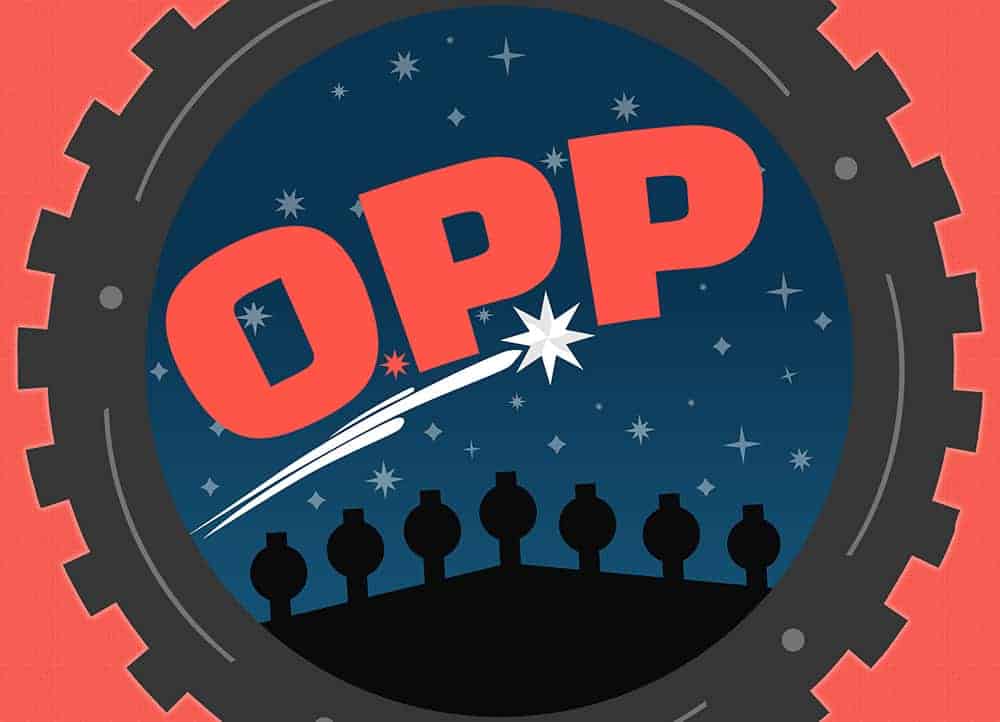Taken by itself, the White Sox coming up a guaranteed $50 million short of the winning offer for Manny Machado suggested the Sox weren't actually prepared to swim in the deep end of the free-agent market.
Compounding matters, the White Sox showing no subsequent interest in Bryce Harper after whiffing on Machado suggests they were never serious about ponying up to begin with.
Despite putting together a promotional video and meeting with Harper in Las Vegas, the White Sox never moved beyond that step, and now that Harper has signed with the Phillies, the White Sox are officially on the outside looking in.
That tweet reminded me of the discussion we had about the 2015 White Sox -- with a lot of American League teams improving, who was going to lose games? When it comes to guessing who will occupy the wrong side of a zero-sum game, you can pretty much always assume the White Sox.
In this case, Harper ended up signing with Philadelphia, and just like Machado, he ended up with the team that guaranteed him the most money. And just like Machado, the total cost wasn't surprising, either. Harper signed for $330 million, a record-setting sum for a baseball contract, but not out of hand considering some $400 million estimates at the onset of the offseason.
What is surprising is how ... not acute that $330 million sum is, at least if you can get past the idea of paying Harper through his age-39 season. Harper signed a 13-year deal that is front-loaded and includes no opt-outs.
It's a staggering commitment due to its shape -- 50 percent of Harper's life to date -- but it's within the realm of reason for a team that legitimately entertained thoughts of signing Harper in the first place.
The more the White Sox talk, the harder it is to treat them as legitimate. Daryl Van Schouwen relayed Kenny Williams' uncanny mix of self-pity and condescension:
“Whomever you’re speaking of, there is nothing I can say that will make them feel better,’’ Williams said. “Rest assured that no one is feeling what Rick and I are feeling because every single day since June of last year, this is what we had planned for, the pursuit of both Harper and Machado. Harper [was] well out of our range. With Machado we extended ourselves as far as we could without jeopardizing what we’re going to need to do in the future.
“People are lost on the fact that on a yearly basis our offer was more than San Diego’s. The average annual value was 31 [million] and change. So it was about years guaranteed. So there is an argument that could be made that our offer was the better of the two. It certainly had more upside for him. All he had to do was basically stay healthy.’’
I'd argue the one who's "lost" is the guy who keeps missing that the Sox failed to give the client what he wanted, or the one who put all his eggs in a basket for a possibility that needed precious little to render it impossible.
There's also this gem:
“Our fans would have been much more disappointed in our inability to keep this next core together,’’ he said. “We would have overextended ourselves had we gone to an uncomfortable level.’’
This might be the wrongest thing Williams has ever said, at least pound-for-pound. Let's count the ways.
No. 1: He's presupposing there's a recognizable core that will require a lot of money. There isn't, at least not yet.
No. 2: If the White Sox weren't actively manipulating the service time of their top prospects, there might be a validity with the concern of paying the next core -- the price of nobility, or something like that. As it stands, he's complaining about the future salaries of players who haven't yet been paid and may never be, which is cheap.
No. 3: He frames the discussion as though the White Sox will carry the same payroll as they're carrying now, instead of having some years of postseason success that increase their spending power.
No. 4: He also frames the discussion as though the White Sox will not develop internal replacements for some "core" players as the front office shifts around costs for the future, and will instead have to cling tenaciously to any and every player worth a damn.
Hey, maybe Williams right about the last two. The White Sox are spending less on their payroll than they did 10 years ago despite the franchise tripling its Forbes valuation over that time, so maybe they're magically inflation-resistant. And maybe they'll continue to draft and develop poorly, forcing them to rely heavily on their few success stories. Just about all of the chief decision-makers are still in their spots, so perhaps everybody should expect the second rebuild to fare as well as the first one. But I don't think that's what Williams intends to be correct about.
Reading and listening to Williams' responses, it makes me understand Rick Hahn's approach a little better. When Hahn repurposes the same 45-second soundbites to run out the clock on a media session, it's over-lawyered and inauthentic, but at least it avoids insulting everybody's intelligence.
It's not superior though, because his answers have been equally unsatisfying. It's all bad and so are the White Sox, and nobody's showing a real understanding of what will make any of it better.





